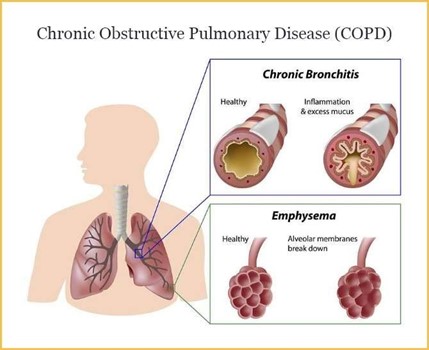A nurse is assisting with the care of an adolescent who is scheduled for surgery. Which of the following actions should the nurse plan to take?
Provide a tour of the perioperative area prior to surgery
Explain that anesthesia is a special type of sleep
Keep medical equipment out of the client's sight
Wait until after surgery to explain the importance of coughing and deep breathing
The Correct Answer is A
a . Provide a tour of the perioperative area prior to surgery.
The correct answer is a. Provide a tour of the perioperative area prior to surgery.
Explanation:
When caring for an adolescent scheduled for surgery, providing a tour of the perioperative area prior to the procedure is an important action for the nurse to take. Adolescents may experience fear and anxiety related to the unfamiliar environment and procedures associated with surgery. Providing a tour allows the adolescent to become familiar with the surroundings, equipment, and healthcare team, which can help alleviate anxiety and promote a sense of control.
Explanation for the other options:
b. Explain that anesthesia is a special type of sleep: While it is important to provide information about anesthesia to the adolescent, describing it as a "special type of sleep" may be misleading. Anesthesia is a medical procedure that involves more than just being asleep, and it is important to provide accurate information to the adolescent.
c. Keep medical equipment out of the client's sight: While it is important to create a comfortable and non- threatening environment for the adolescent, completely hiding medical equipment may not be feasible or necessary. Instead, the nurse should address any specific fears or concerns the adolescent may have and provide age-appropriate explanations and reassurance.
d. Wait until after surgery to explain the importance of coughing and deep breathing: It is important to provide preoperative education to the adolescent to promote their understanding and cooperation. Explaining the importance of coughing and deep breathing before surgery helps the adolescent prepare and participate in their own recovery. Waiting until after surgery may result in missed opportunities for early postoperative interventions.
In summary, providing a tour of the perioperative area prior to surgery helps familiarize the adolescent with the environment, reducing anxiety and promoting a sense of control.
Nursing Test Bank
Naxlex Comprehensive Predictor Exams
Related Questions
Correct Answer is D
Explanation
A client with heart failure should limit their sodium intake. Bottled salad dressings can be high in sodium, so replacing them with homemade vinegar and oil dressing can help reduce sodium intake.
The other options are not recommended for a client with heart failure who needs to limit their sodium intake.
a) Prepared frozen dinners are often high in sodium.
b) Adding salt when preparing a meal would increase sodium intake.
c) Imitation crab and lobster products (option can also be high in sodium.
Correct Answer is B
Explanation
The nurse should atend to the client who has COPD and dementia and was agitated during the night shift first. This client may be experiencing respiratory distress or other complications related to their COPD and requires immediate assessment and intervention.
a) A client who has heart failure and is incontinent of urine requires atention, but their needs are not as urgent as those of the client with COPD and agitation.
c) A client who had a hip arthroplasty 10 days ago and reports pain with ambulation requires atention, but their needs are not as urgent as those of the client with COPD and agitation.
d) A client who had a cerebrovascular accident 6 months ago and reports constipation requires attention, but their needs are not as urgent as those of the client with COPD and agitation.

Whether you are a student looking to ace your exams or a practicing nurse seeking to enhance your expertise , our nursing education contents will empower you with the confidence and competence to make a difference in the lives of patients and become a respected leader in the healthcare field.
Visit Naxlex, invest in your future and unlock endless possibilities with our unparalleled nursing education contents today
Report Wrong Answer on the Current Question
Do you disagree with the answer? If yes, what is your expected answer? Explain.
Kindly be descriptive with the issue you are facing.
